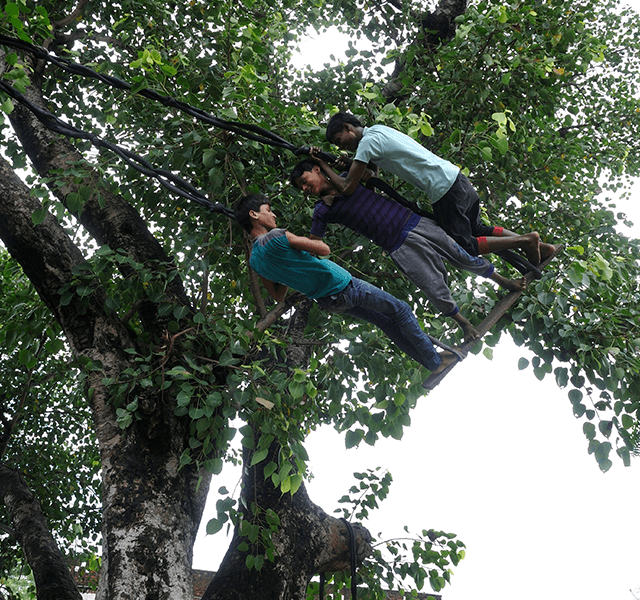

The RMNCAH+N strategy in Uttar Pradesh is key to improving maternal and child health outcomes. With unique challenges such as high rates of early marriage and low contraceptive use, an integrated approach to family planning is essential. UP TSU supported the Government of Uttar Pradesh by developing a competency-building framework to strengthen knowledge and skills of RMNCAH+N counsellors. This brief highlights the journey of these competency-building initiatives to address critical health challenges in the state.
Read MorePAHAL Issue 23 highlights UPTSU’s contributions to improving healthcare in Uttar Pradesh. The key interventions include facilitating newborn care initiatives, launching training programs for healthcare staff, supporting ICDS in training Mukhya Sevikas, and improving vaccine coverage. These efforts demonstrate UP TSU’s commitment to making healthcare more accessible and effective across the state. The issue also highlights the activities conducted by the State Technical Support Unit TB – Uttar Pradesh, which includes the strategic push adopted to enhance the presumptive TB examination rate and also the training and pilot launch of the Pharmacy app.
Read MoreThe UP TSU designed and implemented a unique Integrated Family Planning (FP) Survey to provide a 360-degree overview of FP use, service availability and quality of services. This study includes currently married women (15-49 years), FLWs, and facility-based providers catering to the FP needs of women in study areas. This report identifies key areas for program strengthening to improve modern contraceptive uptake in the state.
Read MoreUttar Pradesh and Bihar have witnessed significant improvement in modern contraceptive use over time, though quality of family planning services remains a concern. Improved quality of FP services helps attract new users as well as sustain existing users. This brief highlights the progress made in the availability and quality of FP services at facility-level along with opportunities for further improvement in both the states.
Read MoreThe SDGs aim at satisfying three-fourths of family planning needs through modern contraceptive methods by 2030. However, the traditional methods (TM) of family planning use are on the rise, along with modern contraception in Uttar Pradesh (UP), the most populous Indian state. This study attempts to explore the dynamics of rising TM use in the state.
Read More